The World Mocks the Promise of Christmas
Killing in the name of God is not a new thing in history -- and nothing does more to discredit faith.Killing in the name of God is not a new thing in history—and nothing does more to discredit faith.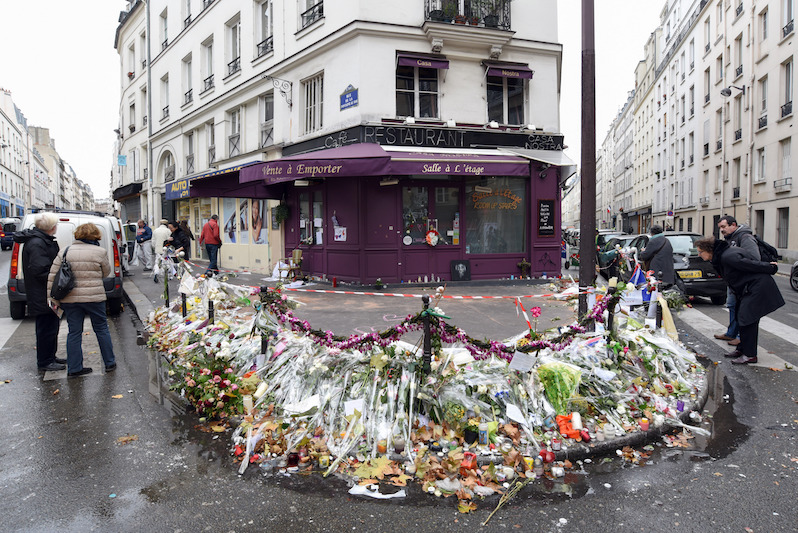 People pay tribute near Paris' Casa Nostra cafe to victims of the Nov. 13 terror attacks that killed more than 100. (Laycer Tomaz / Shutterstock.com)
People pay tribute near Paris' Casa Nostra cafe to victims of the Nov. 13 terror attacks that killed more than 100. (Laycer Tomaz / Shutterstock.com)
People pay tribute near Paris’ Casa Nostra cafe to victims of the Nov. 13 terror attacks that killed more than 100. (Laycer Tomaz / Shutterstock.com)
The narrative of Jesus’ birth in Luke’s Gospel has retained its power beyond the realm of believers because it renders one of the most peaceful moments in all of scripture: a gathering of angels and shepherds celebrating the “good news” and “great joy” of the birth of a baby “wrapped in swaddling clothes and lying in a manger.”
READ: Which Party Loves the USA?
Although my favorite Christmas song will always be “Go Tell It on the Mountain,” it is “Silent Night” that may be truest to the spirit of Luke’s account. There are no rumors of war, no clashing armies, only a bright and blessed calm.
This will not be the first or the last Christmas when the world mocks the day’s promise, and when religion finds itself a source of violence, hatred and, among many not inclined toward either, a dangerous mutual incomprehension.
Killing in the name of God is not a new thing in history, and nothing does more to discredit faith. Believers regularly argue that religion is often invoked as a cover to justify violence carried out for reasons of politics, economics and power that have nothing to do with God. There is truth to this, and also to the idea that in the 20th century, secular forms of totalitarianism unleashed mass murder on an unprecedented scale.
Nonetheless, as Jonathan Sacks, the former chief rabbi in Britain, argues in his remarkable book “Not in God’s Name: Confronting Religious Violence,” believers must face the painful facts.
“Too often in the history of religion,” Sacks writes, “people have killed in the name of the God of life, waged war in the name of the God of peace, hated in the name of the God of love and practiced cruelty in the name of the God of compassion.”
We are now focused on the thoroughly ungodly violence of the Islamic State, but Sacks is careful to document that wars of religion are not unique to Islam. He believes that to persuade religious people of the Abrahamic faiths — Judaism, Christianity and Islam — arguments against religious violence must be rooted in theology, not in secular ideas alone. These have to do with the nature of God. “When religion turns men into murderers,” he insists, “God weeps.”
Sacks argues for a separation of religion from power because religion and politics “are inherently different activities.” This is tricky, since many of the genuinely ethical norms that religious people bring to public life are rooted in their faith. Nonetheless, he is surely right that religion “is at its best when it relies on the strength of argument and example. It is at its worst when it seeks to impose truth by force.”
And the strength of example must mean that those who preach religious peace and toleration should practice them. This is why the rank prejudice being shown against Muslims, usually for political reasons, is so destructive, as Cardinal Sean O’Malley, the archbishop of Boston, argued in a powerful column earlier this month in his diocesan newspaper.
“One of the most pernicious effects of terrorism is that it can instill prejudices and group hatred in people’s hearts and minds,” O’Malley wrote. “All of us are horrified by the evil perpetrated by radical terrorists, but we must not let their inhumanity rob us of our humanity.”
He also issued a warning that could usefully be repeated week after week during next year’s presidential campaign: “Fear can cause us to do terrible and stupid things.”
And there is an important lesson in the Christmas story that, God willing, will be heard from many pulpits. “As we mull over the debate about refugees, let us remember the doors that were closed in the face of Mary and Joseph in Bethlehem,” O’Malley said. “We must ask our leaders to be vigilant and protect our citizens, but at the same time we cannot turn our back on so many innocent people who are hungry, homeless and without a country.”
Muslims are constantly called upon to condemn violence. One who has done so consistently is Eboo Patel, an American whose argument in his book “Acts of Faith” parallels the lessons from Rabbi Sacks and Cardinal O’Malley.
“To see the other side, to defend another people, not despite our tradition but because of it, is the heart of pluralism,” Patel writes. “We have to save each other. It’s the only way to save ourselves.”
This idea is worthy of the good news in Luke where an angel tells us: “Do not be afraid.”
Your support matters…Independent journalism is under threat and overshadowed by heavily funded mainstream media.
You can help level the playing field. Become a member.
Your tax-deductible contribution keeps us digging beneath the headlines to give you thought-provoking, investigative reporting and analysis that unearths what's really happening- without compromise.
Give today to support our courageous, independent journalists.

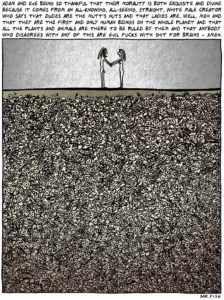
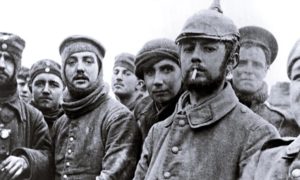
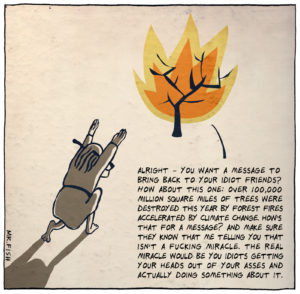
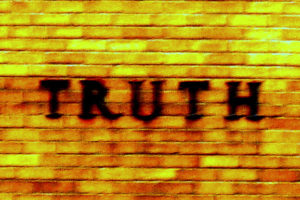
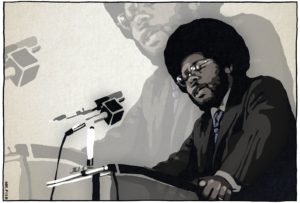
You need to be a supporter to comment.
There are currently no responses to this article.
Be the first to respond.